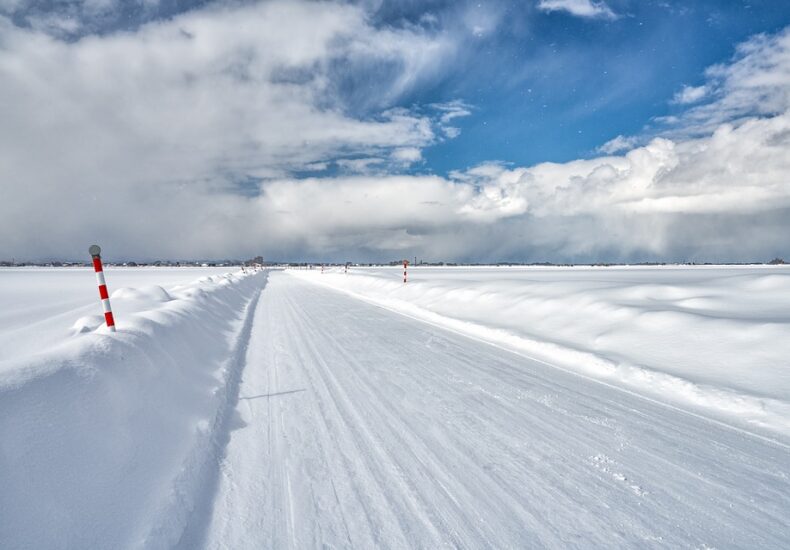
Kurdish Diaspora: Preserving Heritage and Creating Community Beyond Borders
The Kurdish Diaspora: Preserving Heritage and Creating Community Beyond Borders
The Kurdish diaspora refers to the large population of Kurdish people who have left their native lands in search of better opportunities or to escape persecution. This diaspora is spread across many different countries, with significant populations in Europe, North America, Australia, and the Middle East. Despite being scattered across the globe, the Kurdish diaspora has managed to preserve its rich cultural heritage and create a strong sense of community beyond borders.
Preserving Heritage
One of the most important aspects of the Kurdish diaspora is its commitment to preserving its cultural heritage. Despite being separated from their homeland, Kurdish people have worked hard to pass down their traditions, language, music, and cuisine to future generations. This preservation of heritage is crucial in ensuring that the Kurdish identity remains strong and vibrant, even in the face of assimilation and integration into new societies.
The Kurdish language, for example, is a key element of Kurdish identity and is spoken by millions of Kurds around the world. In countries like Germany, Sweden, and Canada, where large Kurdish communities reside, efforts have been made to establish Kurdish language schools and cultural centers to help young Kurds learn their native language and connect with their roots.
Similarly, Kurdish music and dance are celebrated at events and festivals held by Kurdish organizations in various diaspora communities. Traditional Kurdish instruments like the daf (a type of drum) and the saz (a stringed instrument) are played at these events, allowing Kurdish people to come together and enjoy their cultural heritage.
Kurdish cuisine is another important aspect of Kurdish identity that is preserved and celebrated by the diaspora. Delicious dishes like dolma (stuffed vegetables), kebabs, and baklava are enjoyed by Kurds and non-Kurds alike at Kurdish restaurants and food festivals held in diaspora communities.
Creating Community Beyond Borders
Despite being spread across different countries, the Kurdish diaspora has managed to create a strong sense of community that transcends national borders. Kurdish organizations and cultural associations are active in many diaspora communities, providing a space for Kurds to come together, socialize, and celebrate their shared heritage.
One example of this is the Newroz festival, which is celebrated by Kurds worldwide on March 21st each year. Newroz marks the Kurdish New Year and is a time for Kurds to come together, dance, sing, and enjoy traditional foods in celebration of their culture and history. In cities like Berlin, London, and Toronto, Newroz celebrations draw large crowds of Kurds and non-Kurds who come together to celebrate Kurdish heritage.
Social media has also played a key role in connecting the Kurdish diaspora and creating a sense of community beyond physical borders. Platforms like Facebook, Twitter, and Instagram allow Kurds around the world to share news, events, and updates about their communities, as well as to connect with one another and stay in touch with family and friends back in their homeland.
In addition to social media, Kurdish diaspora communities have established online forums, websites, and blogs to share information and resources with one another. These platforms serve as a virtual meeting space for Kurds to discuss issues affecting their community, organize events, and promote Kurdish culture and identity to a global audience.
Challenges and Opportunities
While the Kurdish diaspora has made significant strides in preserving its heritage and creating a sense of community beyond borders, it also faces challenges and obstacles that must be addressed. One of the biggest challenges is the ongoing political instability and conflict in Kurdish regions, which has forced many Kurds to leave their homeland and seek refuge in other countries.
Another challenge is the issue of integration and assimilation, as many Kurds in the diaspora struggle to maintain their cultural identity while adapting to life in a new country. Language barriers, discrimination, and lack of access to resources can make it difficult for Kurds to preserve their heritage and pass it down to future generations.
Despite these challenges, the Kurdish diaspora also presents opportunities for growth and empowerment. By coming together and supporting one another, Kurds in the diaspora can work towards building a stronger, more resilient community that is able to preserve its heritage and advocate for the rights and freedoms of Kurds both at home and abroad.
In conclusion, the Kurdish diaspora plays a vital role in preserving the rich cultural heritage of the Kurdish people and creating a sense of community that transcends national borders. Through language, music, cuisine, and social media, Kurds in the diaspora are able to connect with one another, celebrate their shared identity, and work towards a brighter future for themselves and their descendants. Despite facing challenges, the Kurdish diaspora remains a powerful force for unity, resilience, and cultural preservation.
Leave a Reply